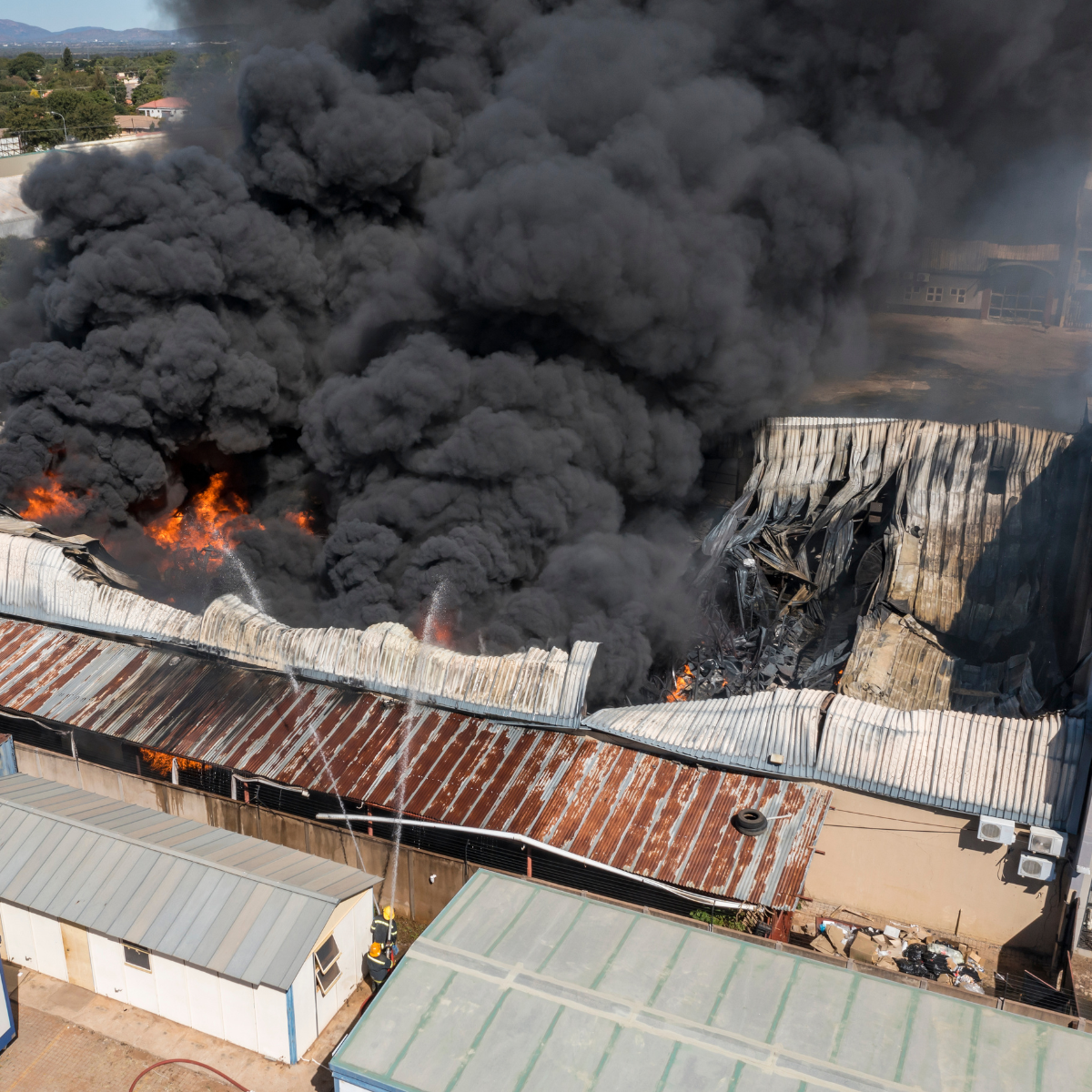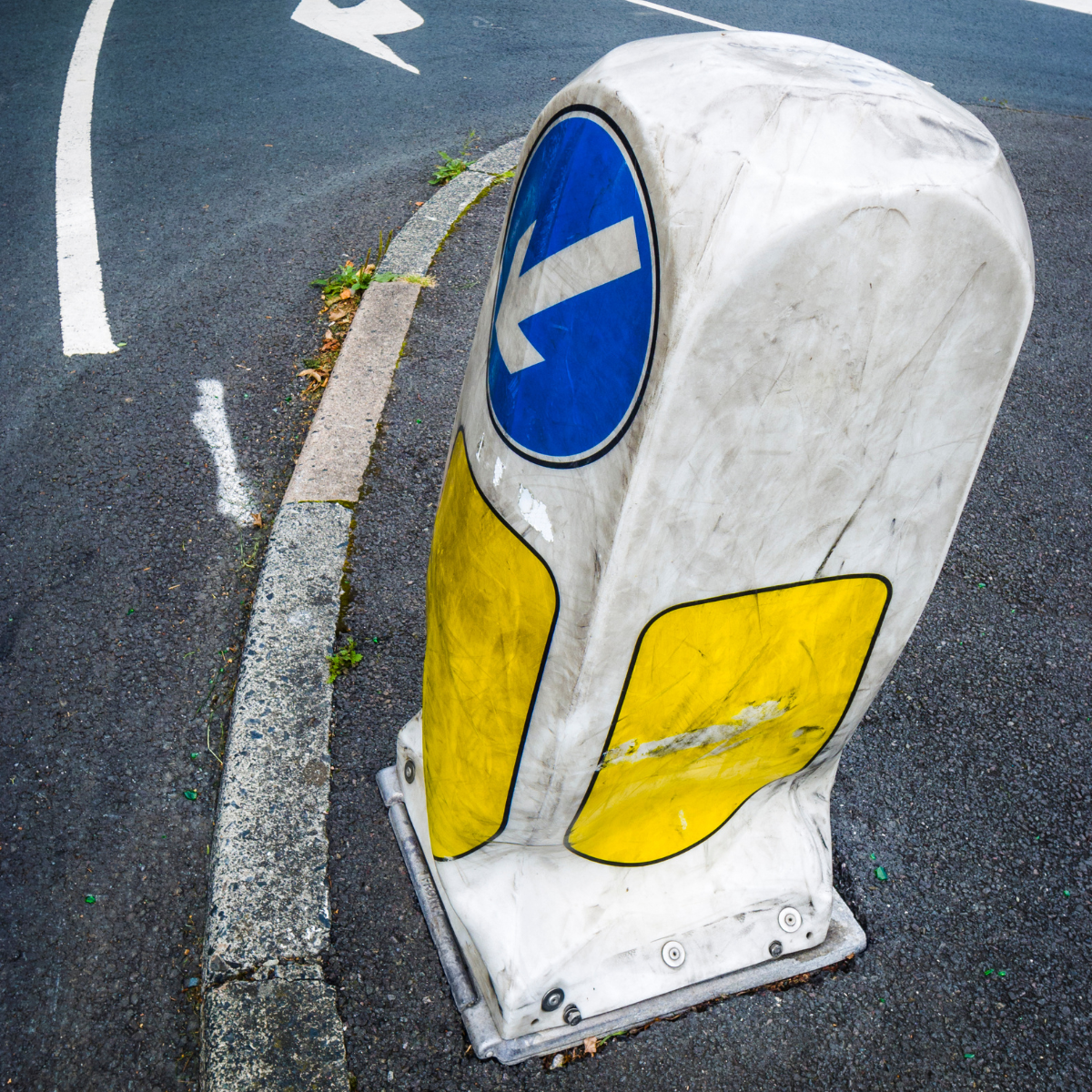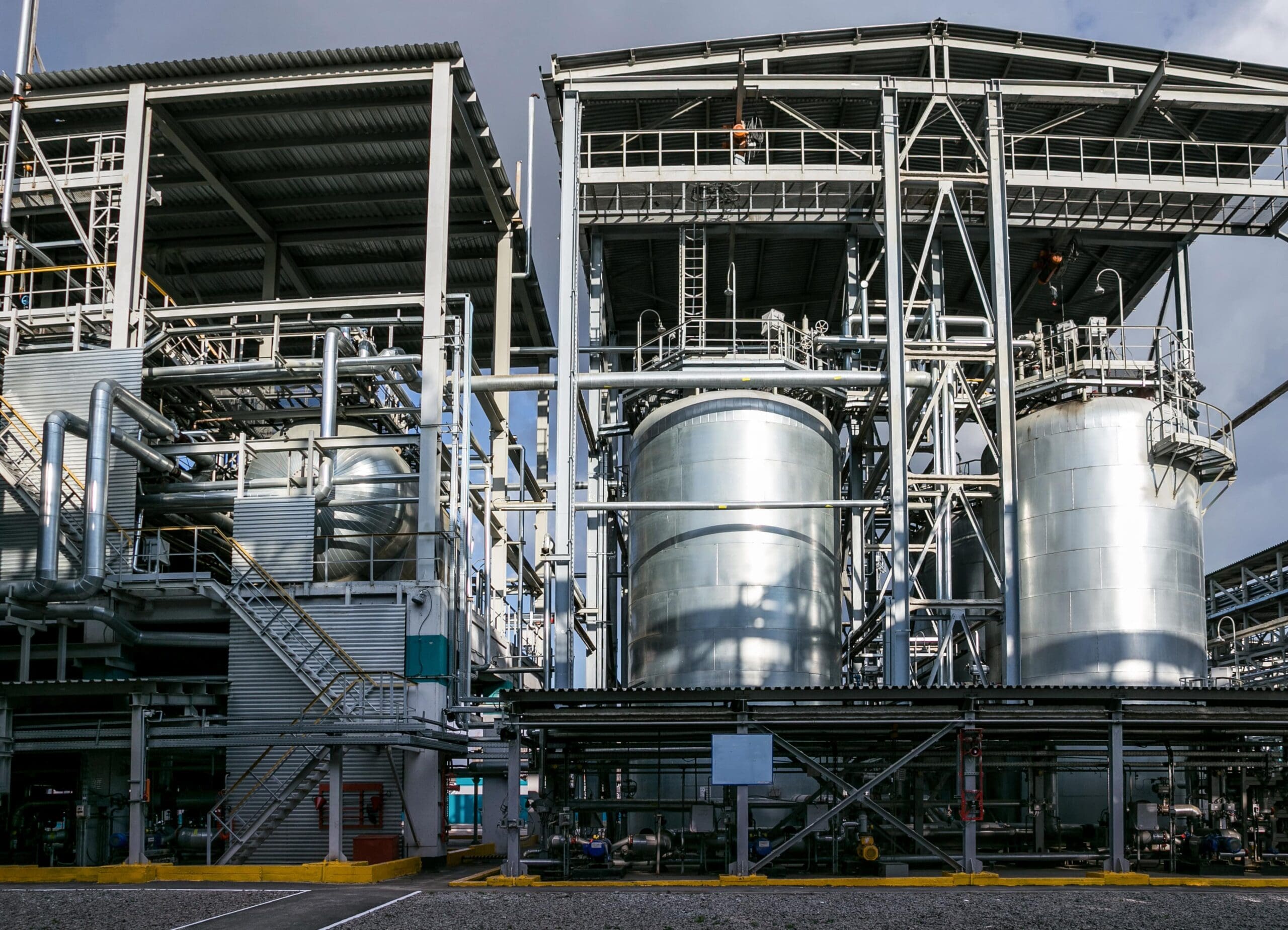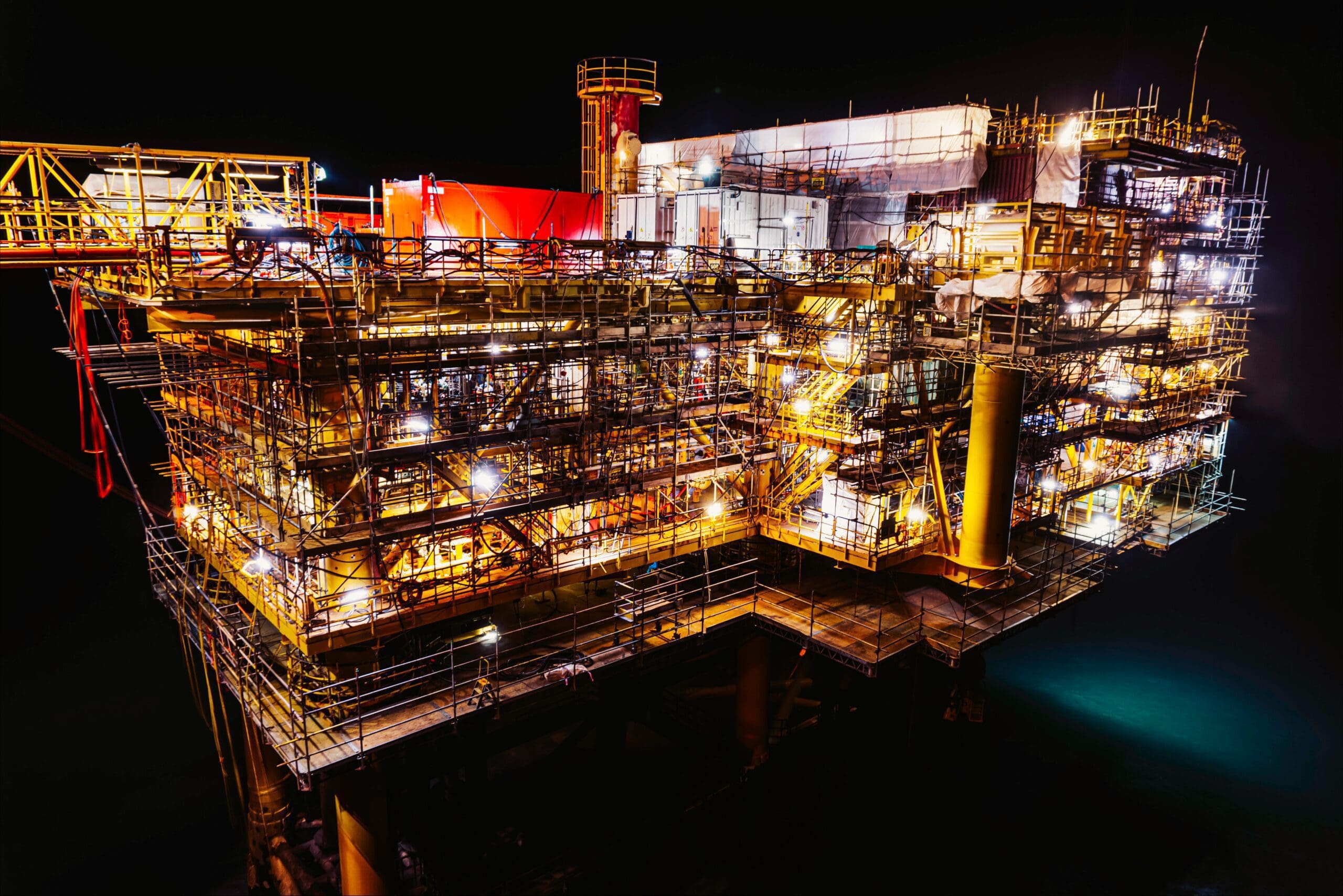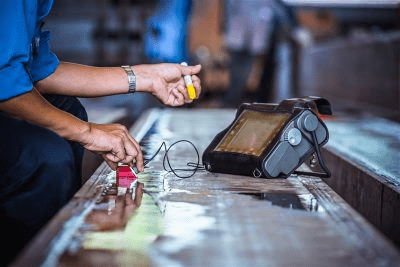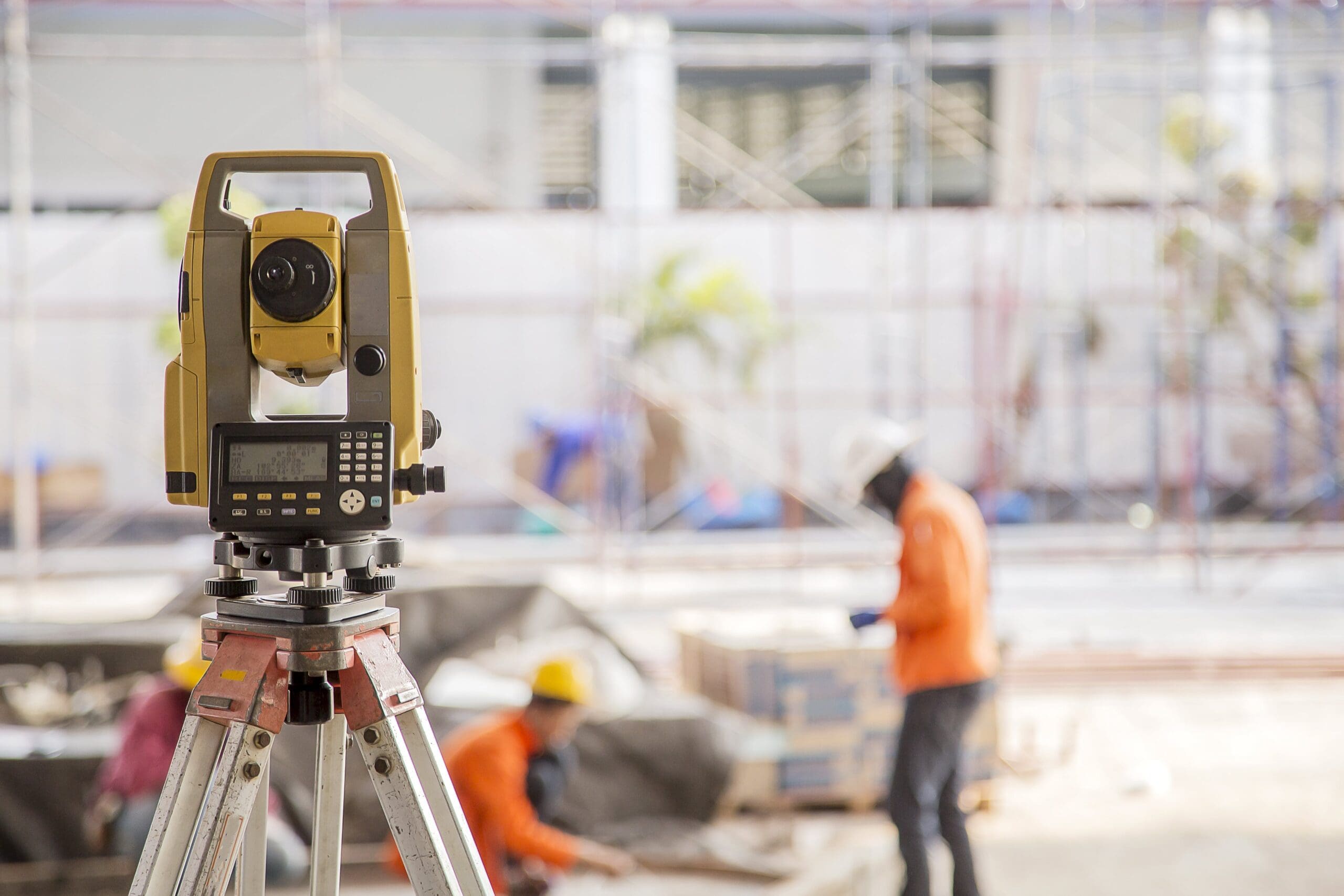Testing
Destructive Testing (DT) Services
Destructive Testing (DT) deforms or destroys metals to analyse their mechanical properties, performance, and safety, ensuring reliability and compliance with industry standards and regulations.
Explore our Destructive Testing services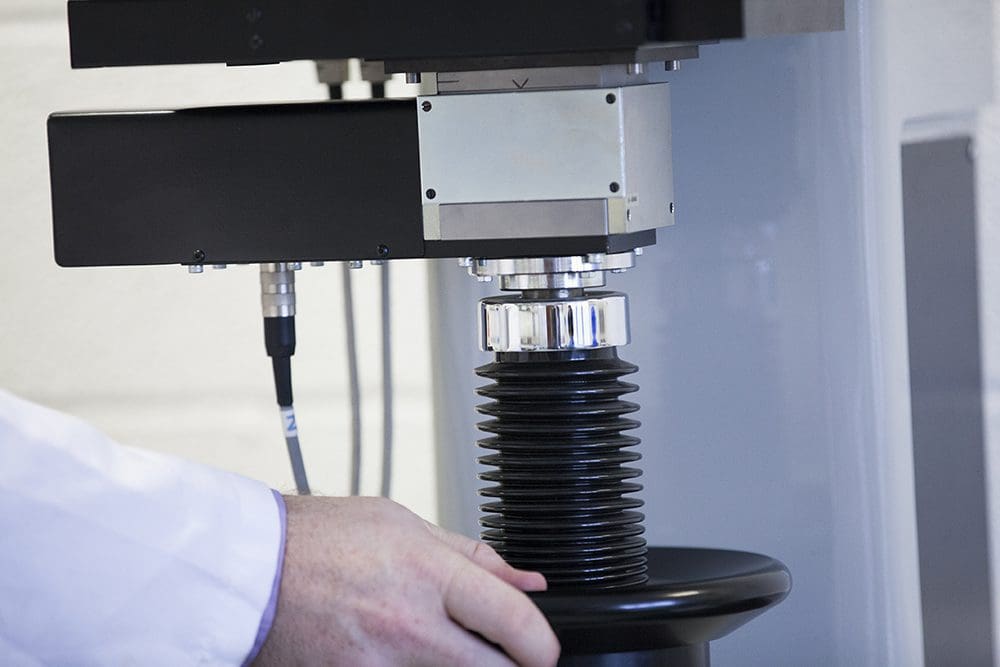
Interested? Let’s talk.
Send us an enquiry
Who we've partnered with...





A snapshot of our Destructive Testing Services
At BES Group, we offer a variety of Destructive Testing methods to ensure the quality, safety, and reliability of your materials and products. We provide UKAS and NADCAP-accredited tests to help a variety of clients across industries such as aerospace, manufacturing, and healthcare use safe, reliable assets.
Our in-house capabilities provide quick and accurate testing results, which helps minimise downtime and ensure you get the critical data you need.
Chemical Analysis
Chemical Analysis verifies metal composition, grade, performance, and compliance with standards.
Corrosion Analysis
Corrosion Testing evaluates metals' resistance and identifies protective measures against corrosion.
Failure Investigations
Failure Investigations identify causes of metal failures, prevent issues, and ensure safety and reliability.
Fastener Testing
Fastener Testing evaluates mechanical properties under stress to ensure reliability and structural integrity.
Finish Testing
Finish Testing evaluates protective coatings for their durability, adhesion, and scratch resistance.
Hardness Testing
Hardness Testing evaluates the mechanical properties of metals and their resistance to deformation or indentation.
Impact Testing
Impact testing evaluates metal toughness, energy absorption, and resistance to sudden impacts.
Metallography
Metallography examines metals microscopically to reveal defects, microstructure, and other characteristics.
Product Testing
Product Testing analyses metal products for durability, safety, performance, compliance, and application.
Salt Spray Testing
Salt Spray Testing evaluates corrosion resistance of metals and coatings by simulating exposure to salt environments.
Tensile Testing
Tensile Testing measures the strength and elongation of metals under tension until complete failure.
Weld Assessments
Weld Assessments evaluate joint quality, integrity, and safety to ensure compliance with standards.


Let's talk about Destructive Testing (DT) Services
Send us an enquiry
Not seeing what you expected?
Try using our search
Explore what our clients say


Sectors we service
Dive into the diverse landscapes where BES Group sparks innovation and drives impact.


Destructive Testing Services at BES Group
Explore all sub-services- Industries that can benefit from Destructive Testing services
- All your Destructive Testing needs in one place
- Key benefits of Destructive Testing
Aerospace
Ensures the integrity and performance of aircraft components subject to extreme conditions and stresses.
Automotive
Validates the durability and safety of vehicle parts, helping manufacturers meet stringent safety standards.
Construction
Testing the strength and durability of building materials like concrete and steel ensures structures are safe and compliant with regulations.
Manufacturing
Verifies the properties and performance of manufactured goods, ensuring they meet required specifications and quality standards.
Healthcare
This department ensures the safety and functionality of medical devices and implants, which is critical for patient health and safety.
Oil and gas
Assesses the reliability of pipelines, drilling equipment, and other components to prevent failures and ensure safe operations.
Streamline Your Metals Testing with BES Group
We know sending samples to multiple labs for different testing methods can be frustrating. Not only is it expensive to machine and send multiple samples, but inconsistent results can occur if the labs use samples from different heat-treated batches. At BES Group, we handle all your metals testing in one place to make things easier and more efficient.
Comprehensive testing suite
We offer a full suite of tests to thoroughly examine your sample’s properties, structure, and behaviour.
In-house sample preparation
Our in-house workshop prepares the samples tested in our UKAS-accredited laboratory for consistent and reliable results.
Efficient sample tracking
Each sample is assigned a unique barcode so we can monitor its progress from arrival to testing completion.
Rapid turnaround
To minimise downtime and delays, we aim to complete our full suite of destructive tests within three days.
Services include:
- Full machining and preparation of samples
- Tensile, Impact, and Hardness Testing
- Chemical Analysis
- Metallurgical Examinations
- Corrosion Analysis
- Optional services include Salt Spray Testing, Weld Assessments, and Coating Finish Testing.
Material verification
Confirms that materials meet required specifications and industry standards, ensuring reliability and performance.

Weld quality determination
Assesses the quality and integrity of welded joints, which is critical for structural applications.
Defining asset limitations
Helps identify the limits of materials and components, enabling the creation of plans to reduce failures, accidents, and costs.

Impact resistance assessment
Determining how well materials can withstand impacts and shocks is essential for safety-critical applications.

Failure analysis
Provides detailed insights into how and why materials fail, leading to improved product design and manufacturing processes.

Regulatory compliance
Ensures that products meet industry-specific regulations and standards, which is crucial for market approval and safety certifications.
-
Industries that can benefit from Destructive Testing services
Aerospace
Ensures the integrity and performance of aircraft components subject to extreme conditions and stresses.
Automotive
Validates the durability and safety of vehicle parts, helping manufacturers meet stringent safety standards.
Construction
Testing the strength and durability of building materials like concrete and steel ensures structures are safe and compliant with regulations.
Manufacturing
Verifies the properties and performance of manufactured goods, ensuring they meet required specifications and quality standards.
Healthcare
This department ensures the safety and functionality of medical devices and implants, which is critical for patient health and safety.
Oil and gas
Assesses the reliability of pipelines, drilling equipment, and other components to prevent failures and ensure safe operations.
-
All your Destructive Testing needs in one place
Streamline Your Metals Testing with BES Group
We know sending samples to multiple labs for different testing methods can be frustrating. Not only is it expensive to machine and send multiple samples, but inconsistent results can occur if the labs use samples from different heat-treated batches. At BES Group, we handle all your metals testing in one place to make things easier and more efficient.
Comprehensive testing suite
We offer a full suite of tests to thoroughly examine your sample’s properties, structure, and behaviour.
In-house sample preparation
Our in-house workshop prepares the samples tested in our UKAS-accredited laboratory for consistent and reliable results.
Efficient sample tracking
Each sample is assigned a unique barcode so we can monitor its progress from arrival to testing completion.
Rapid turnaround
To minimise downtime and delays, we aim to complete our full suite of destructive tests within three days.
Services include:
- Full machining and preparation of samples
- Tensile, Impact, and Hardness Testing
- Chemical Analysis
- Metallurgical Examinations
- Corrosion Analysis
- Optional services include Salt Spray Testing, Weld Assessments, and Coating Finish Testing.
-
Key benefits of Destructive Testing
Material verification
Confirms that materials meet required specifications and industry standards, ensuring reliability and performance.

Weld quality determination
Assesses the quality and integrity of welded joints, which is critical for structural applications.

Defining asset limitations
Helps identify the limits of materials and components, enabling the creation of plans to reduce failures, accidents, and costs.

Impact resistance assessment
Determining how well materials can withstand impacts and shocks is essential for safety-critical applications.

Failure analysis
Provides detailed insights into how and why materials fail, leading to improved product design and manufacturing processes.

Regulatory compliance
Ensures that products meet industry-specific regulations and standards, which is crucial for market approval and safety certifications.
Frequently asked questions
What is Destructive Testing?
Destructive testing subjects a material or component to stress or conditions that cause damage to the point of failure. This type of testing is used to determine the mechanical properties, performance, and durability of materials and structures.
Why is Destructive Testing necessary?
Destructive Testing is vital for several reasons: Material verification: Confirms that materials meet required specifications and standards. Safety assurance: Ensures that components can withstand expected loads and stresses, reducing the risk of failure in critical applications. Quality control: Helps identify manufacturing defects and inconsistencies, leading to improved product quality. Performance evaluation: Provides detailed information about material properties, such as tensile strength, impact resistance, and fatigue life. Regulatory compliance: Ensures products meet industry-specific regulations and standards, which is essential for market approval and safety certifications.
What is the purpose of Destructive Testing?
Destructive testing aims to understand how a material will react to extreme stress or loads. Knowing how much stress a material can withstand before complete failure is critical when planning to use that material for a key engineering design, manufacturing process, or product design. Destructive testing is usually carried out according to International Standards or bespoke test methods that align with customer requirements.
What are some standard methods of Destructive Testing?
Common destructive testing methods include hardness testing, impact testing, tensile testing, fatigue testing, bend testing, and torsional testing.
What is the difference between Destructive and Non-destructive Testing?
Destructive testing of materials (DT) involves examining its properties and performance by subjecting it to stress, strain, or other conditions until it fails. This process provides detailed insights into the material’s strength, durability, and failure modes but results in the destruction of the sample. On the other hand, non-destructive testing (NDT) evaluates the properties of a material or component without causing any damage, allowing the item to remain in service. NDT methods include ultrasonic, radiographic, and magnetic particle testing, which help detect internal or surface defects without altering the material.
Why do I need Destructive Testing?
Destructive testing is crucial in designing, manufacturing, and ensuring product quality across various industries. It provides insight into how much stress a sample can withstand within its intended environment, making this information crucial when deciding whether a particular material or product is suitable.
Can Destructive and Non-Destructive Testing be used alongside each other?
Destructive and Non-Destructive Testing can be used together to assess materials and components comprehensively. NDT methods can initially screen materials for defects and irregularities, allowing for non-invasive evaluation. Following NDT, DT can be performed on selected samples to get deeper insights into the material’s performance under stress. Both methods allow for a thorough evaluation and ensure the highest safety and quality standards.
What industries or products often require Destructive Testing?
Destructive testing is crucial for industries and products where material integrity and performance are critical. Common industries include: Aerospace: To ensure the safety and reliability of aircraft components. Automotive: To validate the strength and durability of vehicle parts. Construction: To test the quality and safety of building materials like concrete and steel. Manufacturing: To verify the properties and performance of manufactured goods. Healthcare: To ensure the safety and functionality of medical devices and implants. Oil and gas: To assess the reliability of pipelines and drilling equipment.
How would I know what type of Destructive Testing method I need?
The material’s standard or specification usually advises the type of destructive test. Our customers then instruct us on what type of destructive test they require. An unknown material must be identified before a destructive test can occur. Our technologists will conduct chemical analysis tests to identify chemical properties within the material and determine what the material is. We will then provide this information to our customer, and if further testing is required, we will carry out destructive tests to identify the grade of the material. We work with our customers to develop a testing plan to identify the material composition and grade for destructive testing.
What materials can you test?
We can provide tests for any metal materials, including aluminium, steel, copper, and metal alloys. Our team also test any product providing it is metal. This may include pipes, tubes, nuts, fasteners, hand tools and even domestic products. This list is by no means exhaustive, learn more about the materials and compounds the BES Group test for and those we do not offer material tests for. Learn more about the materials we can offer Destructive Testing Services for
Let’s talk. Ask us anything.
Send one of the team a message
Insights & news
Browse our latest articles
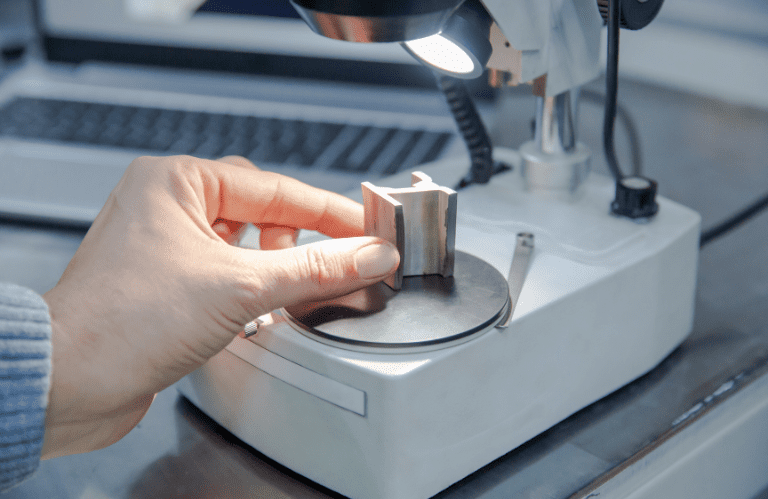
A complete guide to Metal Failure Modes and Analysis
Testing
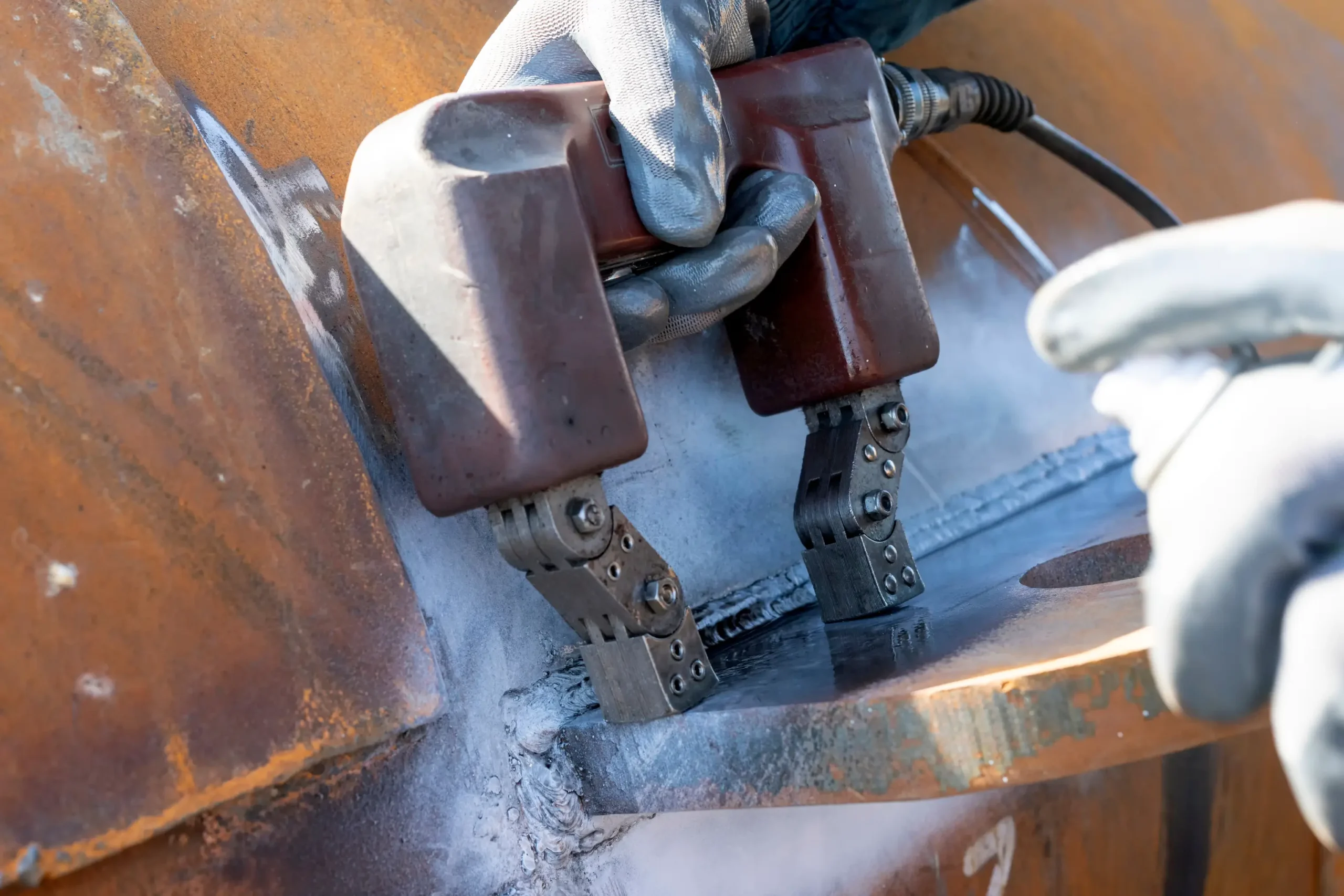
How combining NDT Methods ensures comprehensive asset protection
Testing

Factory Shutdowns: How to Manage Your Maintenance Operations Efficiently
Asset Reliability Electrical Inspection Testing
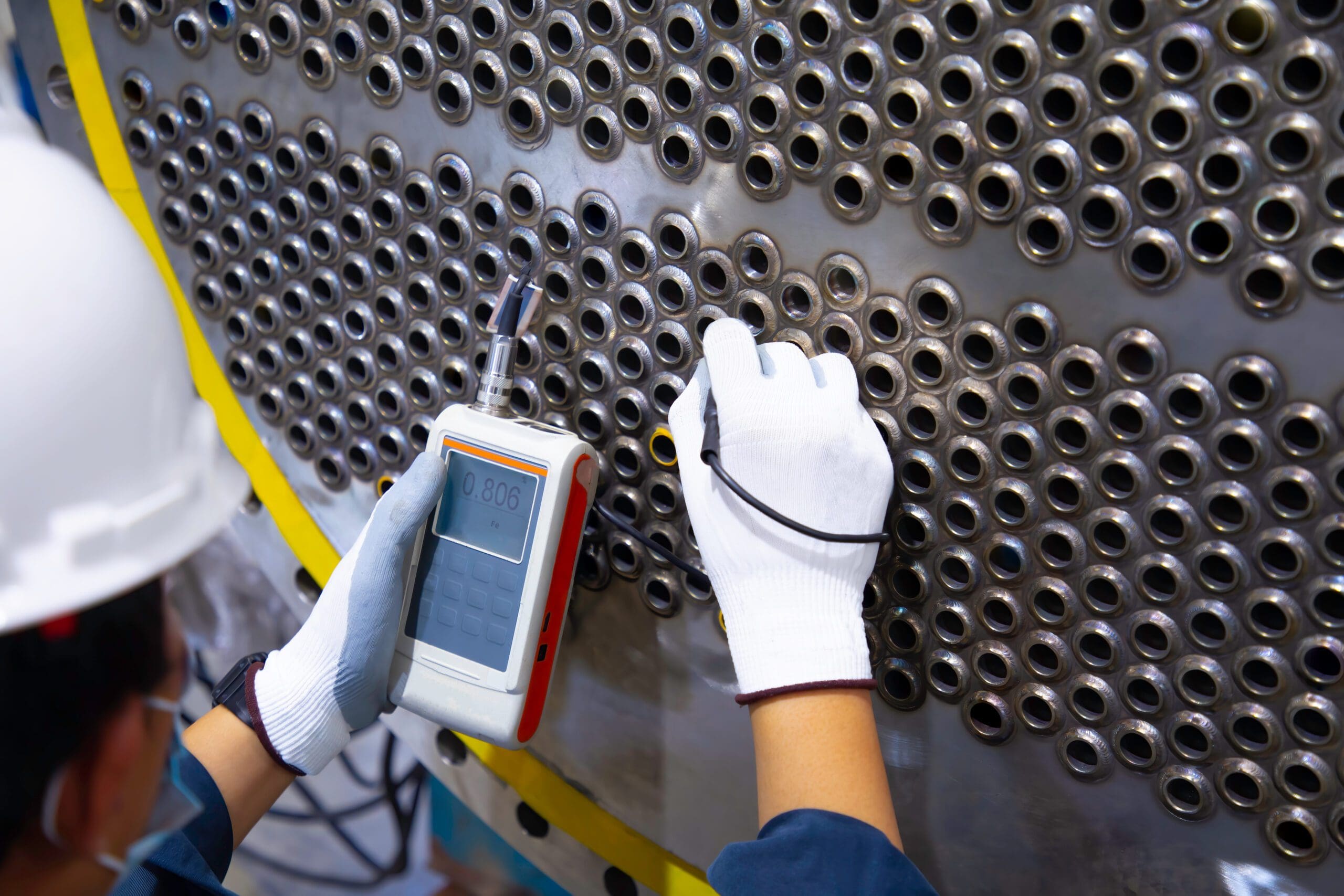
What Are the Different Methods of NDT Testing?
Testing
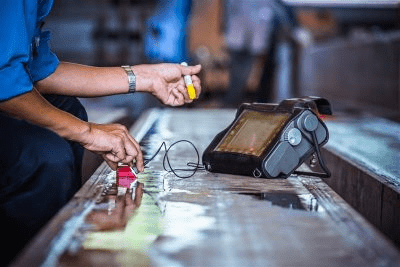
How to Choose the Right NDT Method: A Comprehensive Guide
Testing
Other similar services...
Looking for something else? Explore similar services...
Let’s get you to the right person, fast.
Thank you, enquiry submitted!
Please check your inbox. We have sent you an email receipt of your enquiry.
We treat every enquiry with the upmost urgency. We’ll aim to get in touch with the relevant BES Group specialist and get back to you as soon as possible*.
Thank you again and have a great day.
 About BES Group
About BES Group Accreditations & Credentials
Accreditations & Credentials Our Environmental, Social & Governance
Our Environmental, Social & Governance Careers at BES Group
Careers at BES Group Our Senior Leadership Team
Our Senior Leadership Team